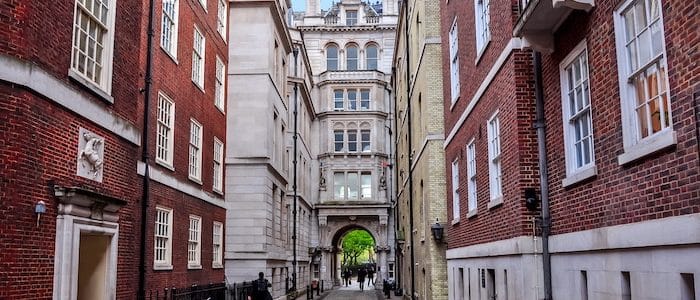Everything you need to know about the leading chambers operating in England & Wales, including pupillage numbers, money, junior and KC stats, gender diversity figures and proportion of Oxbridge-educated new tenants — plus continue to the individual chambers profiles featuring the The Legal Cheek View and Junior Barrister Survey Scorecards.
